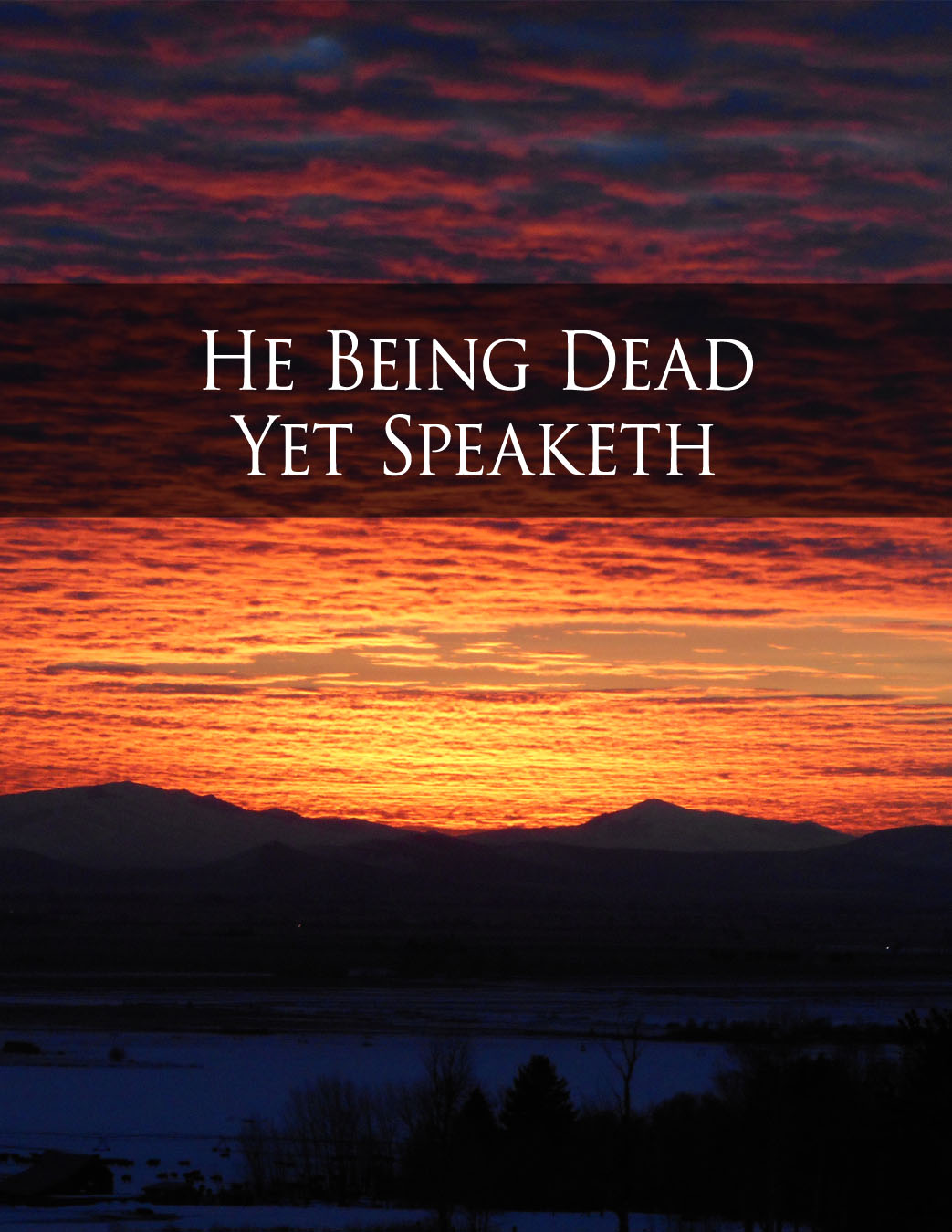Categories: All Articles, Earth, He Being Dead Yet Speaketh, Man
The Great Ancient Civilizations
The World Book Encyclopedia says that there were four great ancient civilizations. The World Book Encyclopedia is wrong. There were five. The world is still largely unaware of the Jaredites in America. Archaeologists call them the Olmecs. This was the 5th great ancient civilization.
The four great ancient civilizations that are recognized by the experts are the Indus Valley Civilization along the Indus River in Pakistan and India, the Huang He Valley civilization along the Huang He River in China, the Nile Valley civilization in Egypt, and the Mesopotamian civilization between the Tigris and Euphrates Rivers in Iraq.
The largest of the four was the Indus Valley civilization. It was 1,000 miles long, extending from the foothills of the Himalayas to the Indian Ocean. It covered a much larger area than the others. Interestingly, it wasn't discovered until the 1920s when hills were dug into, and brick buildings and brick sanitation systems were discovered. It mysteriously disappeared about 1700 B.C.
The origins of these civilizations are unclear and probably unknowable. Archaeologists think that all but the Mesopotamian civilization started around 2500 B.C. They think the civilization in Mesopotamia began much earlier.
Again, I think they're wrong, although they're close.
The scriptures give us the ages of the patriarchs when their successor patriarch sons were born. Based upon those scriptural records I made a timeline of the world. If Adam's birth was the year zero, the Flood occurred 1,656 years later. Ham's grandson, Nimrod, built the Tower of Babel. Based upon Nimrod's age the tower and the dispersion took place about 100 years after the Flood. With four child-bearing couples to repopulate the world after the Flood, I estimate the world population at the time of the confusion of tongues to have been just 20,000 people.
Nimrod's tower was at Babylon in Mesopotamia. The dispersion and confusion of tongues took place at about the 1,756th year in the world's history, or 2244 B.C. I believe this would be the approximate date for the beginning of all five of the great ancient civilizations.
What I think happened was that at the confusion of tongues Ham's descendants went south to Africa and founded the Egyptian civilization. (Abraham 1:21-25). Some of Shem's descendants stayed in Mesopotamia, and some went west to America (the Jaredites). Japheth's descendants went east and founded the Indus and Huang He civilizations. (Shem, Ham, and Japheth were Noah's sons).
The confusion of tongues and the dispersion beginning at the tower of Babel took place in the year 1756. Noah and his son, Shem, were still alive. Noah and Shem would have stayed in the Mesopotamian area. Ham and Japheth perhaps went with their descendants.
Abraham was born in Mesopotamia 1,948 years from Adam. Noah died 58 years later, in 2006. Abraham may well have known Noah. Abraham died in 2123. Shem died in 2158, outliving Abraham by 35 years. Abraham very likely knew Shem, and probably received the records from him. Shem was very likely Melchizedek, who ordained Abraham. (See "Shem" in Bible Dictionary).
So my theory is that these five great ancient civilizations all had their beginnings about 100 years after the Flood, about 2244 B.C. The Jaredite civilization came to an end in a great civil war, 2,000 years later. Archaeologists think that all these civilizations came to an end because of environmental disasters, but I'd wager that warfare was the problem. The Indus and Chinese civilizations didn't last as long as the Jaredites'.
Archaeologists and anthropologists have discounted the scriptural records and disdain our latter-day records. They thereby make a huge mistake by ignoring the best clues to the answers they seek about those ancient civilizations.
